Straw Bale Homes and Passive Rainwater Harvesting
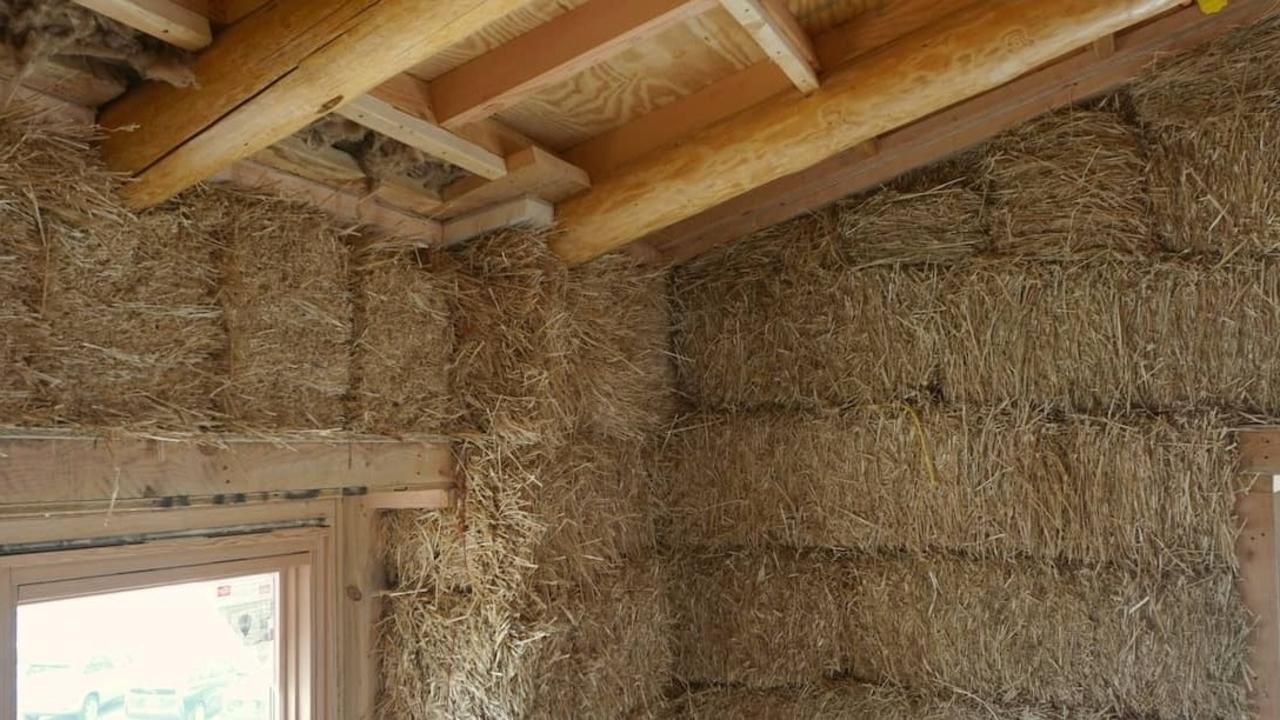
Straw Bale Home Construction and Passive Rainwater Harvesting Coverage in Edible San Diego!
Read About Straw Bales and Passive Rainwater Harvesting
We are big fans of the local San Diego magazine, Edible San Diego, so you can imagine our appreciation and excitement when they called to do a story on passive rainwater harvesting and how we apply it in our landscape designs and installs.
What we didn't know was they were also covering straw bale construction, a natural building technique where insulation and mass are of a home are mostly taken up by bound and secured straw bales. And, they not only covered a building technique that we are huge proponents of, but they featured two of our close friends and peers, Mike and Rebecca of Simple Construct who design and build natural, healthy homes.
Straw Bale, Plaster and Natural Building - A perfect fit for most any environment

This is the finished look of a natural plaster, straw bale interior. Warm, comfortable and inviting.
The rea...
Why Mulch is Great for Your Garden
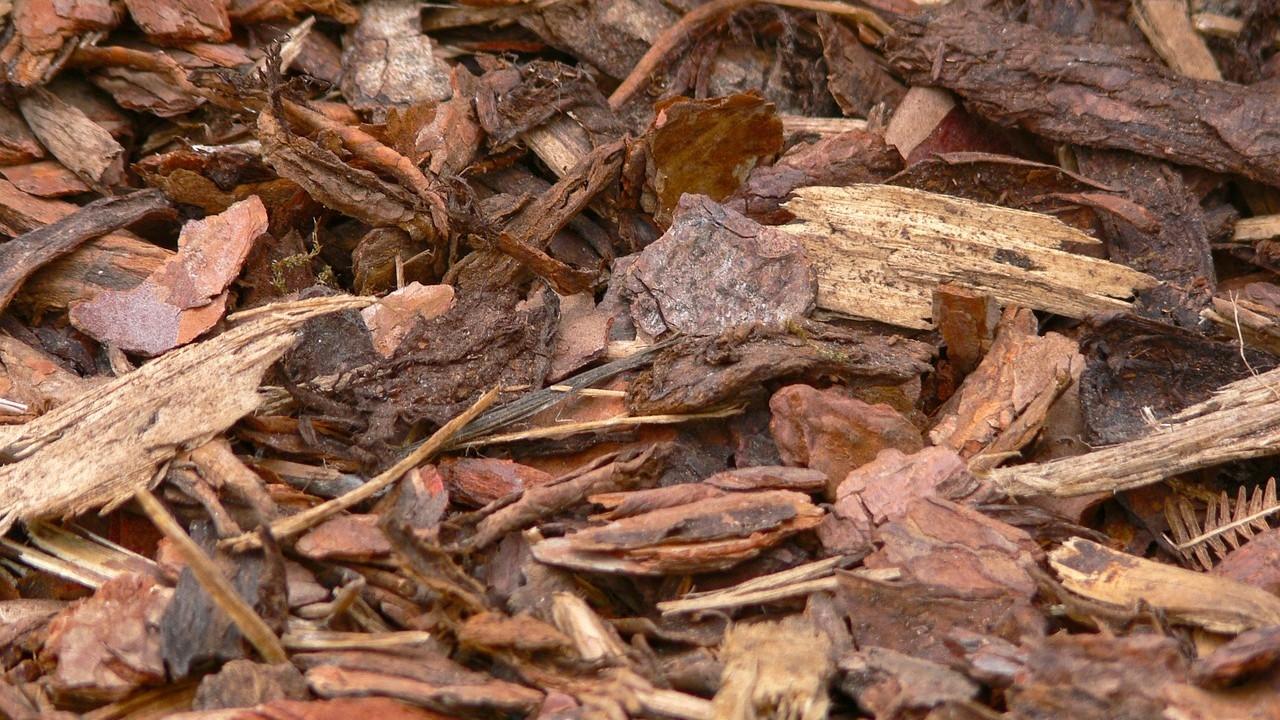
Mulch is great for your garden as well as our planet!
Water is a precious resource so it's extremely important to conserve water in our landscapes and mulch is a great way to do that. Treat your plants and earth well and your garden will flourish!

Mulch protects plants from UV rays
UV Rays that enter dry, exposed soil can kill the roots of your plants. In addition, the sun will evaporate precious water resources in the soil. A layer of mulch acts like sunscreen to protect the plant’s roots and prevents water from evaporating from the soil.
Mulch acts like a sponge to soak up water
Mulch acts like a sponge, soaks up water and stores it for future use. In addition, it reduces the amount of water that evaporates from the soil into the atmosphere. Your plants will have more water, and you will be able to to water your garden less frequently. Choose coarser mulches as fine mulches can sometimes create an impenetrable layer over your soil.
Mulch keeps out weeds
Mulch keeps out wee...
8 Benefits of Backyard Chickens
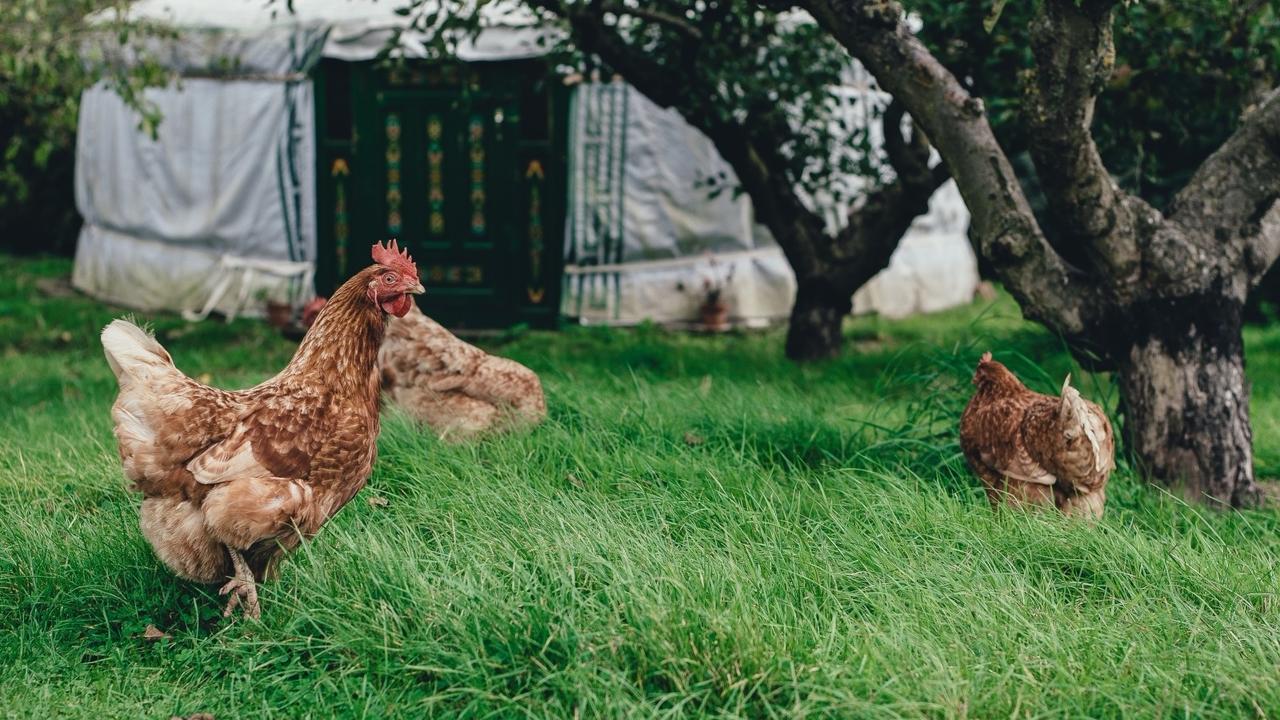
Raising backyard chickens can be an enjoyable experience. These eight reasons to raise chickens are some of our top picks.
Keeping chickens at home is a fun, engaging way to connect, and care for, your food. To improve the health of your flock and nutrition in your eggs, consider a large enough chicken run or safe access for them to free range and expand their diet. Just be sure that areas where you don't want them are properly closed or have restricted access.
Are there any benefits you’ve found in raising your own flock of chickens? Any struggles or downsides of raising chickens that you've experienced? Let us know on Facebook. And, don't miss our San Diego regulations for backyard chickens info!
8 Benefits of Backyard Chickens
Eggs!
Our team can attest to the superiority of fresh eggs! Laid mere minutes before being fried sunny side up in our cast iron pans, fresh eggs are delectable. Truly free range, well-loved eggs taste so much better. You also don't need to wash off your e...
Ocean Friendly Gardens, Farms & Landscapes
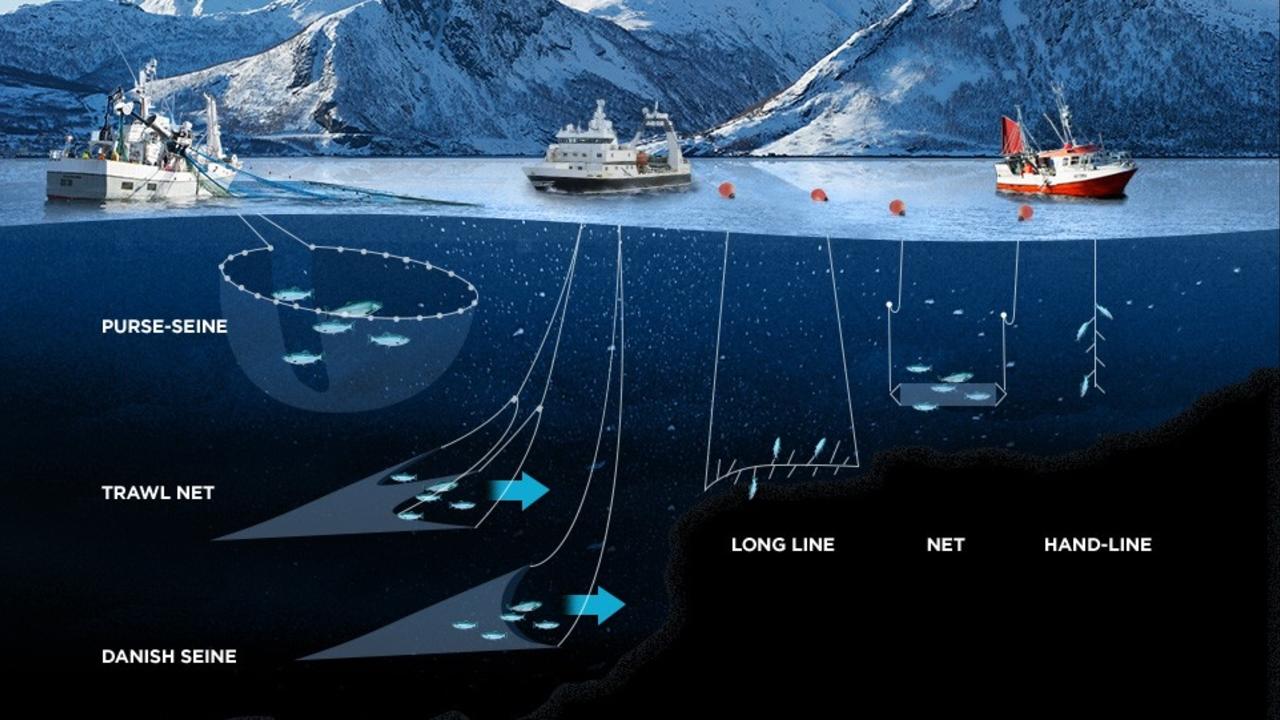
By installing ocean friendly gardens, farms, or landscapes, you protect and help regenerate local fisheries and ocean life. Simple steps, like reducing sediment runoff by keeping exposed soil covered with mulch is just one small way you can be a part of solution in healing our oceans. A local San Diego organization comitted to improving local ecology through our food system is the San Diego County Food System Alliance (SDFSA). Ecology Artisans is a voting member of SDFSA, and a privilege of being a member is attending bi-monthly voting member meetings. The alliance is made up of different working groups such as the Reducing Barriers to Farmers Group or the Urban Agriculture Group.
Ocean Friendly Gardens Regenerate Fisheries
The newest working group in the alliance is the Sustainable Seafood System Group. At our most recent gathering, we had the privilege of receiving a presentation from Dave Rudie, the President of Catalina Offshore Products Inc., which is San Diego County's largest ...
Stormwater Management in the Desert

Santa Fe's Botanical Garden where they have a thoughtfully designed, and beautiful, stormwater management system amongst its drought tolerant plantings. Using a design called the zuni bowl, rain water flows are prevented from eroding soft soil through the use of appropriately placed rocks. The bowl acts as a large infiltration basin allowing water to slowly percolate into the ground. As the bowl fills, it evenly overflows down rock lined paths leading to another zuni bowl, and so on until it reaches its final storm drainage. The design and installation of this system was done by Craig Sponholtz of Watershed Artisans.

This zuni bowl captures stormwater to slow it down for calm and slow passage down to culverts.

View from the zuni bowl above looking out to a large, grass seeded percolation basin.

Silt trap basins work best when they are flat, long, wide, and rock lined only on the sides for easy silt excavation.

Another stormwater management catchment to slow and sink rain wa...
What is Greywater?
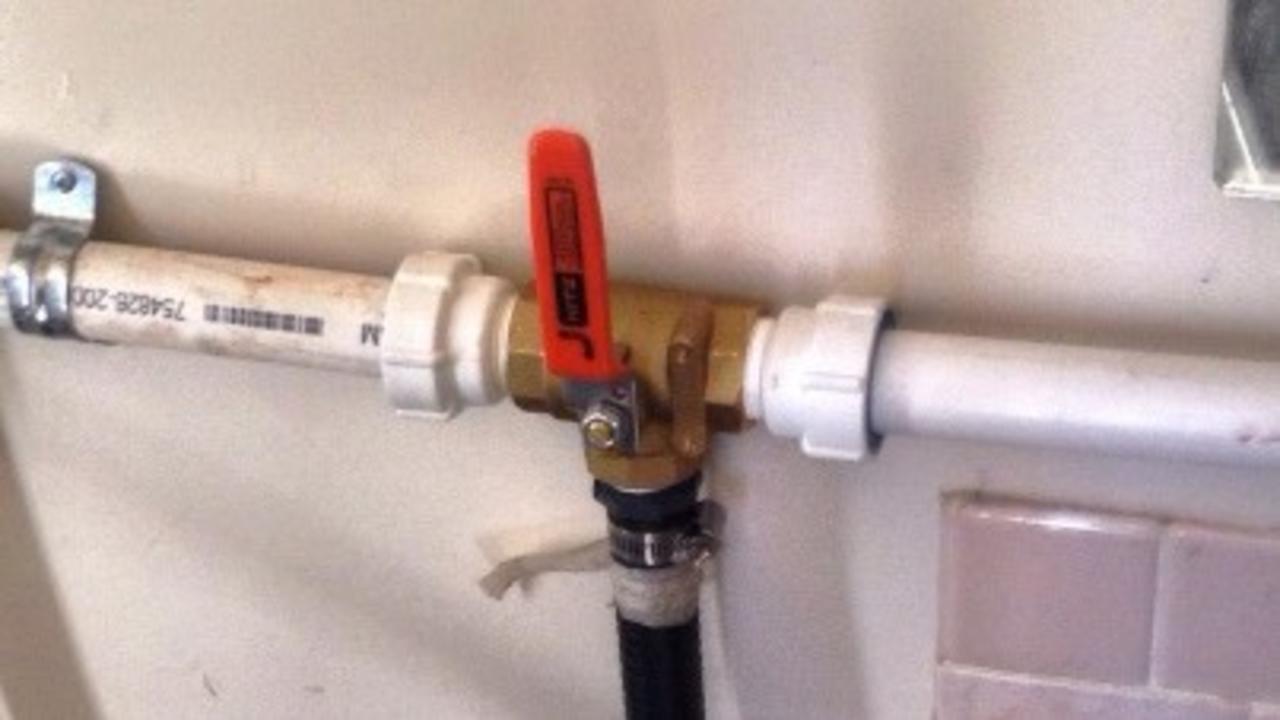
Living in arid regions of the world can be challenging for most gardeners. Depending on your region, months may go by without a drop of rain, yet many of your plants will still need water to thrive. Here in San Diego, we may go 6 months between rains and typically, like all Mediterranean regions of the world, the dry season is also when it is the hottest and most plants really want some extra water. There are many strategies for landscaping and gardening in the drier parts of the world and many of them address techniques to conserve water and minimize evaporation. Greywater is one strategy that can be quite effective in providing year round irrigation in arid regions.
What is greywater?
Greywater is any freshwater used in the daily household activity that originates from the shower, bath, sinks, and washing machine.* Basically, any water used in the house that does not come from the toilet (used toilet water is called “black water”). Think of it as lightly used water with a few added...

